The Ultimate Guide to Wheat: Benefits, Uses, and Nutrition
Introduction to Wheat
Whole graint is one of the most widely cultivated grains in the world. Farmers grow it in various climates, making it a staple food for millions. This versatile grain plays a crucial role in the global food industry.
Nutritional Value of Wheat
Cereal grain offers essential nutrients that support overall health. It contains fiber, protein, vitamins, and minerals. Whole Flour grain, in particular, provides high levels of B vitamins, iron, and antioxidants, which help maintain energy levels and a strong immune system.
Health Benefits of Wheat
Incorporating Golden grain into a balanced diet promotes several health benefits:
- Boosts Digestion – The fiber in Cereal grain supports a healthy digestive system by preventing constipation.
- Enhances Heart Health – Whole Cereal grain lowers bad cholesterol levels, reducing the risk of heart disease.
- Regulates Blood Sugar – Whole grains help maintain steady blood sugar levels, benefiting people with diabetes.
- Aids in Weight Management – High-fiber foods keep you full longer, helping control cravings and overeating.
Common Uses of Wheat
Whole grain serves as a primary ingredient in many food products. Some of the most common uses include:
- Bread and Baked Goods – Flour from Flour grain is essential for making bread, cakes, and pastries.
- Pasta and Noodles – Many pasta varieties use durum Golden grain, which gives them a firm texture.
- Cereals and Snacks – Golden grain-based cereals provide a nutritious breakfast option, while snacks like crackers and biscuits offer convenient energy boosts.
- Beverages – Certain beers and malted drinks contain Golden grain as a key ingredient.
Different Types of Wheat
Several Whole grain varieties exist, each suited for specific culinary applications:
- Hard Red Wheat – Rich in protein, perfect for bread-making.
- Soft White Wheat – Ideal for pastries, cakes, and biscuits.
- Durum Wheat – Used in pasta production due to its high gluten content.
- Spelt and Ancient Wheat – Nutritious alternatives with a slightly nutty flavor.
Conclusion
Whole grain remains a fundamental part of human nutrition. Its versatility, health benefits, and widespread availability make it a dietary staple. Choosing whole Whole grain over refined versions enhances its nutritional value, promoting better health and well-being.
Be the first to review “Wheat” Cancel reply
Related products
Agricultural Products
Agricultural Products
Agricultural Products
Agricultural Products
Agricultural Products
Agricultural Products
Agricultural Products
Agricultural Products

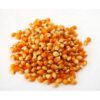
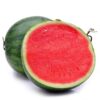
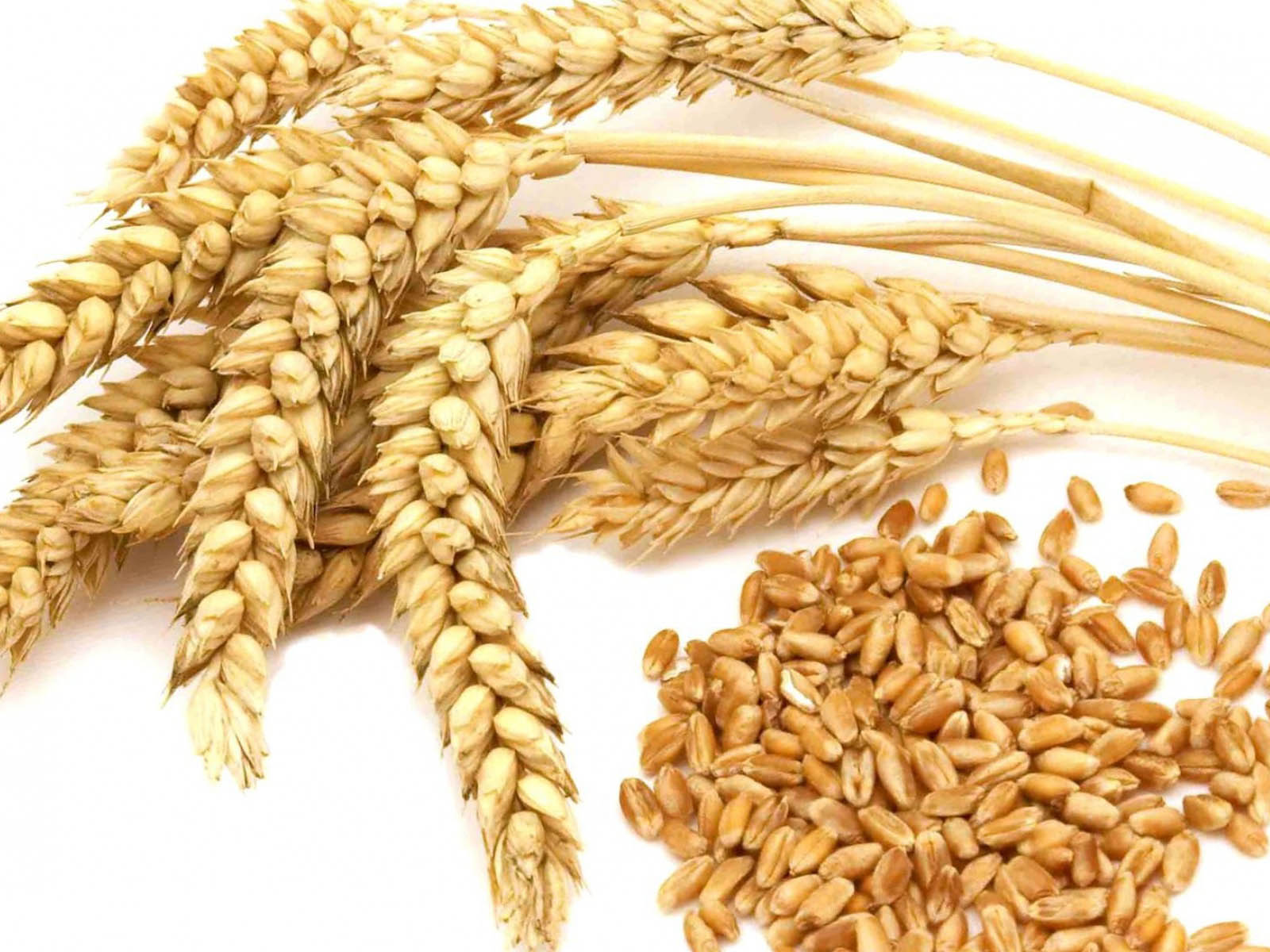
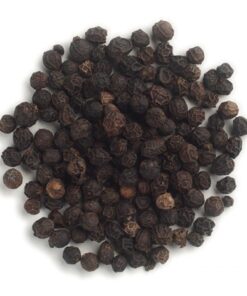
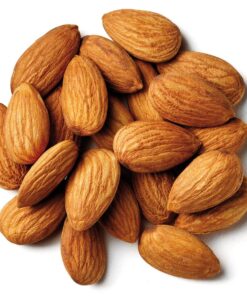
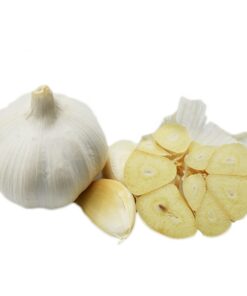

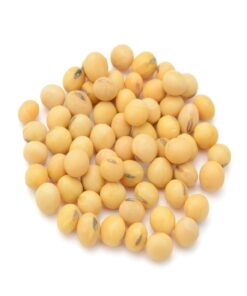
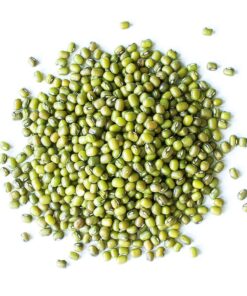
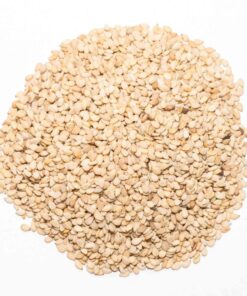
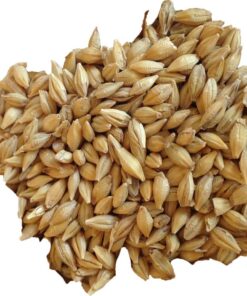

Reviews
There are no reviews yet.